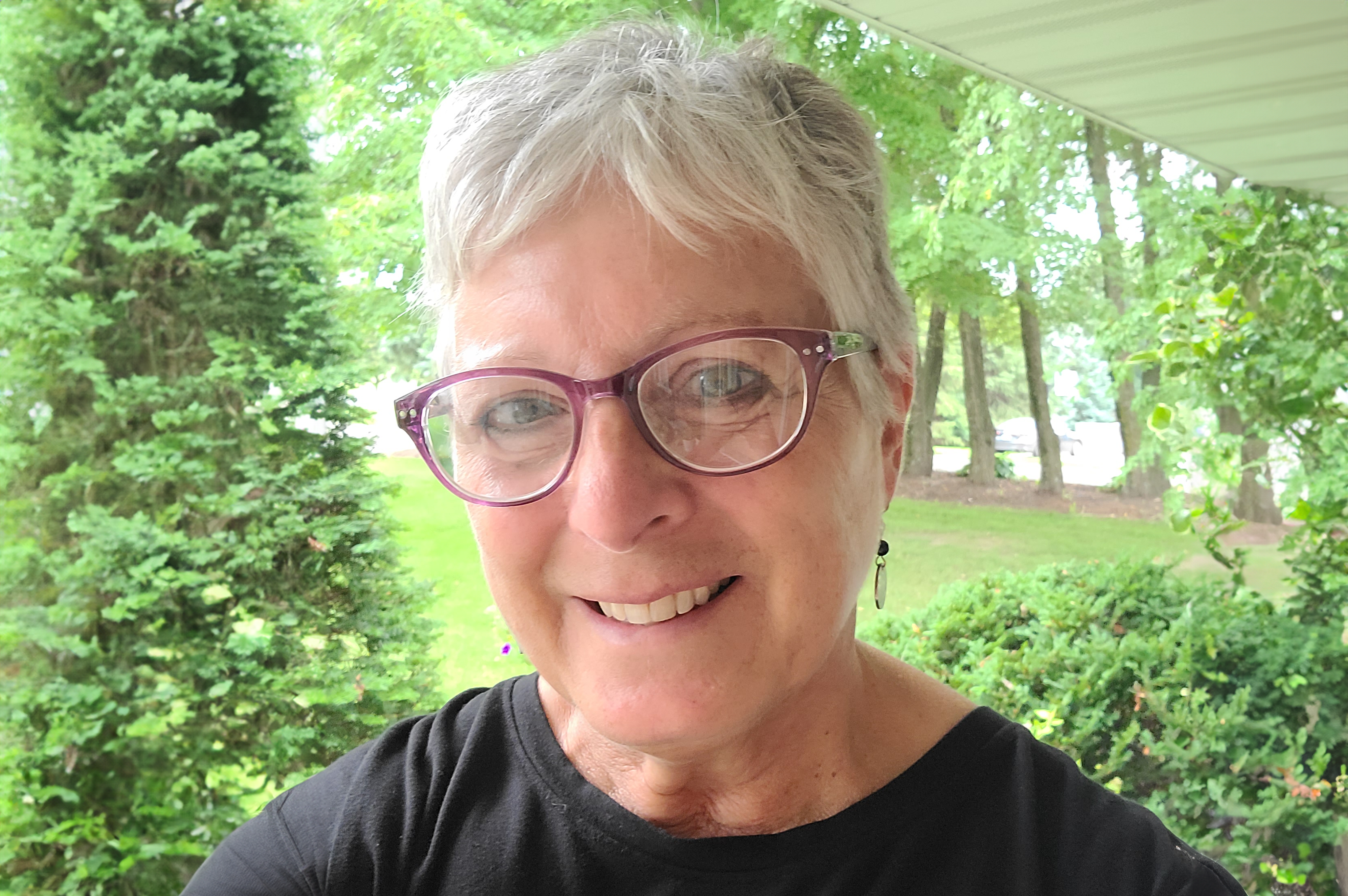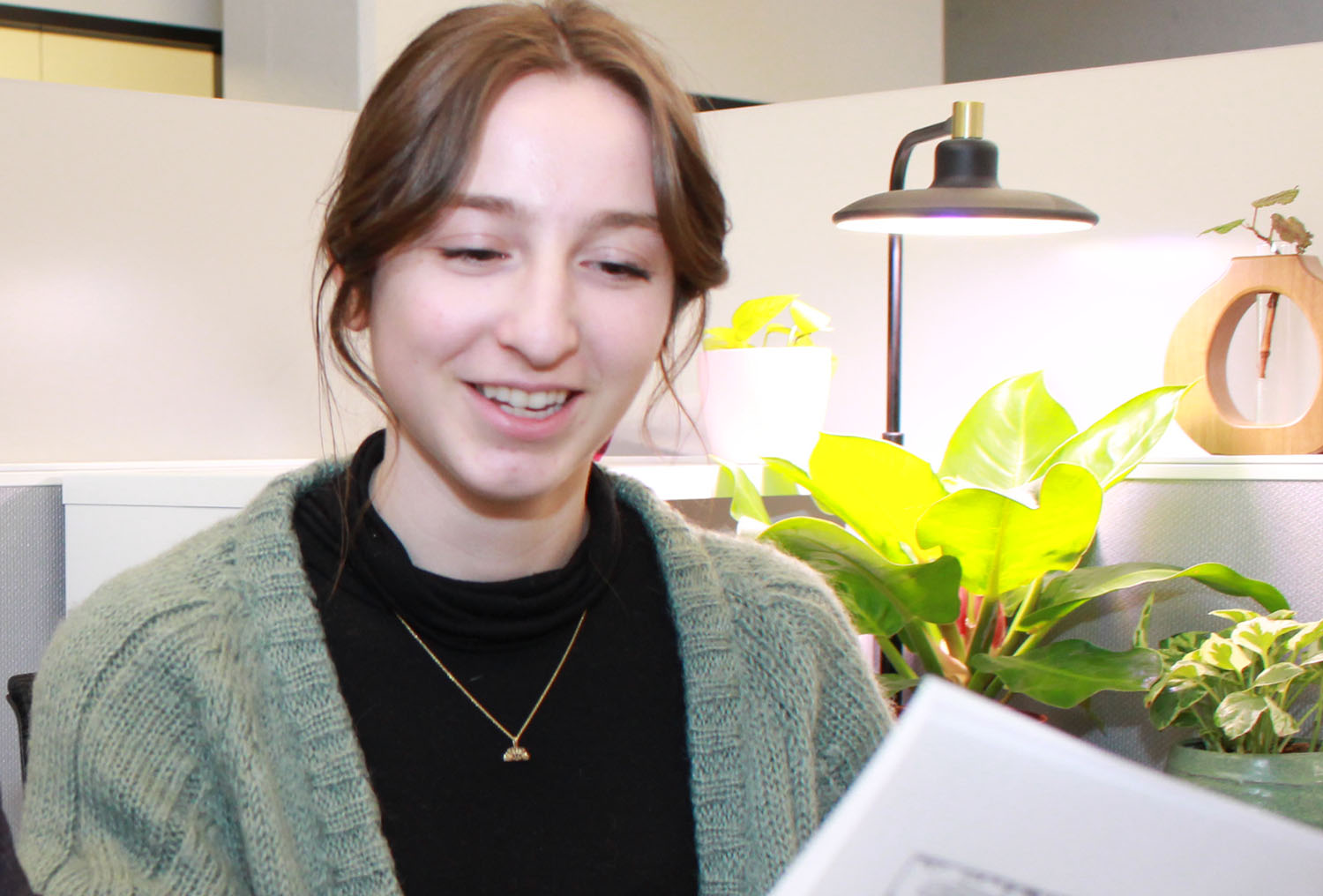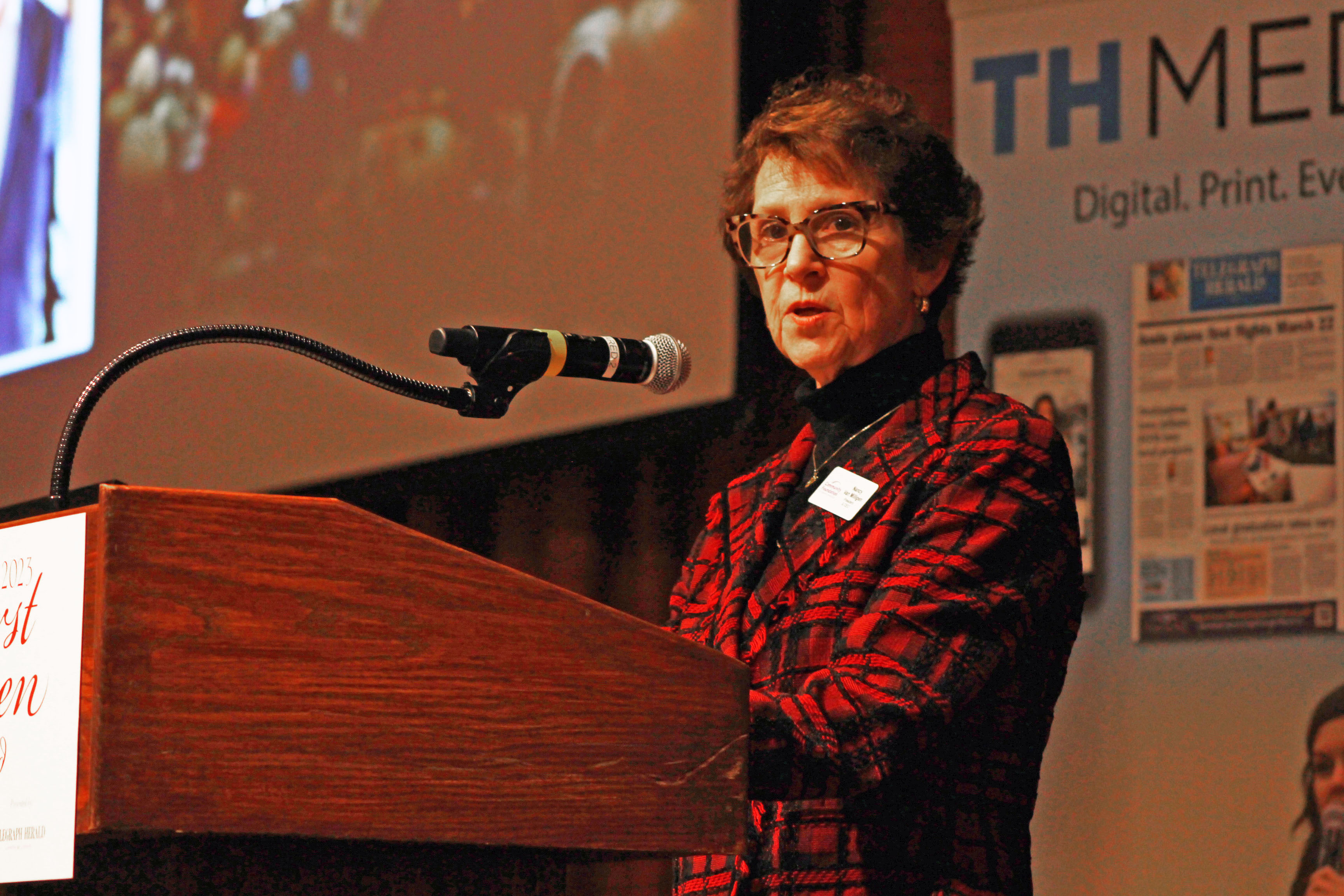Filling the Investigative Reporting Gap

A long-time Dyersville Area Community Foundation board member is helping expand high-quality news reporting during a time of uncertainty for newspapers.
For almost 30 years, Mary Ungs-Sogaard had been a small-town newspaper manager and publisher. After spending most of her career with Woodward Communications, overseeing the Dyersville Commercial and other Eastern Iowa weeklies, the Northeast Iowa native decided to move into part-time work within the world of nonprofit journalism.
Today, she is the donor relations manager of Investigate Midwest, an independent, nonprofit news organization that takes a data-driven, in-depth approach into the world of big agribusiness, reporting stories that are important to people across the country, especially in Iowa and neighboring states.
“For us, the impact of our reporting is more important than anything,” says Ungs-Sogaard, who also has been a long-time board member of the Dyersville Area Community Foundation, an affiliate of the Community Foundation of Greater Dubuque. “Our reporters work hard to serve the public interest through fact-based, in-depth and data-driven investigative journalism.”
The financial straits many newspapers see themselves in today means fewer dollars to fund the type of in-depth, investigative reporting that can shine a light on important issues that influence decision making on many levels. Ungs-Sogaard cites the Storm Lake Times’ 2017 Pulitzer Prize as an example of the impact local journalism can have, but adds that many media outlets can no longer afford the time or positions for such reporting.
“Partnerships: That’s going to be the future. The only way journalism is going to survive is through strategically created partnerships.”
Investigate Midwest aims to help fill the investigative journalism gap covering big agribusiness. Funded by grant dollars and donations, the organization works similarly to a service like the Associated Press, but without a fee attached. A team of reporters, including a Report for America corps member based in Des Moines, report stories that publish on investigatemidwest.org. Media outlets are encouraged to republish the stories, for free. Investigate Midwest journalists also partner with other news organizations to produce locally, regionally and nationally relevant pieces, extending the resources of that publication while making available important information to its readers.
“This is a whole new model,” Ungs-Sogaard says. And, she adds, it just might be a model that rescues high-quality reporting. “The issue in the country is telling the story and protecting journalism.”

